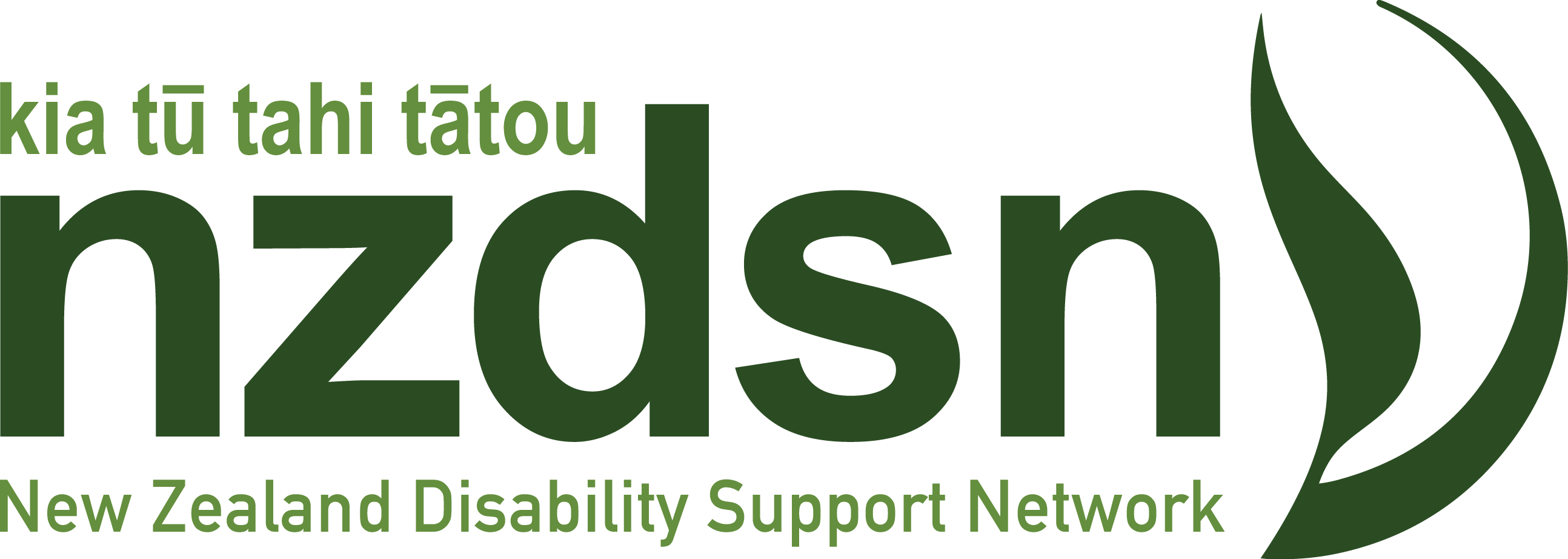Here’s an AI generated summary of our meeting on 7 October 2025, focused on operational updates concerning Kainga Ora lease agreements with residential providers and DSS contract renewals, and procurement processes. Discussions addressed provider concerns about security of tenure, flexibility in agreements, and the ageing housing stock. (more…)
Expressions of interest are now open for the November 2025 intake for the NZ Diploma in Health and Wellbeing (Level 5) – Applied Practice in Employment Support – ‘the Diploma’. (more…)
We are pleased to share a document for discussion – our NZDSN strategic plan 2024-29.
We’re interested in your views on this direction set out, as we plan how we best support members in this changing environment.
Please let us know your thoughts – and members attending our 2025 Leadership Forum will have the chance to discuss this paper with our Board in person on the day.
Get an AI-generated summary of our NZDSN Fireside Chat held on 4 September 2025 focused on discussing the United Nations Convention on the Rights of Persons with Disabilities (UNCRPD) recommendations for New Zealand. The primary objectives were to understand the framework of UNCRPD, its recent recommendations, and their implications for New Zealand, particularly in the areas of deinstitutionalisation, independent living, and sectoral best practices. (more…)
The Public Service Association invites employers in the home support, disability and mental health and addictions sectors to get a briefing from PSA National Secretary Fleur Fitzsimons on the Bill of rights case on pay equity the PSA has raised. (more…)
Health Quality & Safety Commission Te Tāhū Hauora has finished a final print run of two resources to support planning for health care visits and leaving hospital. (more…)
